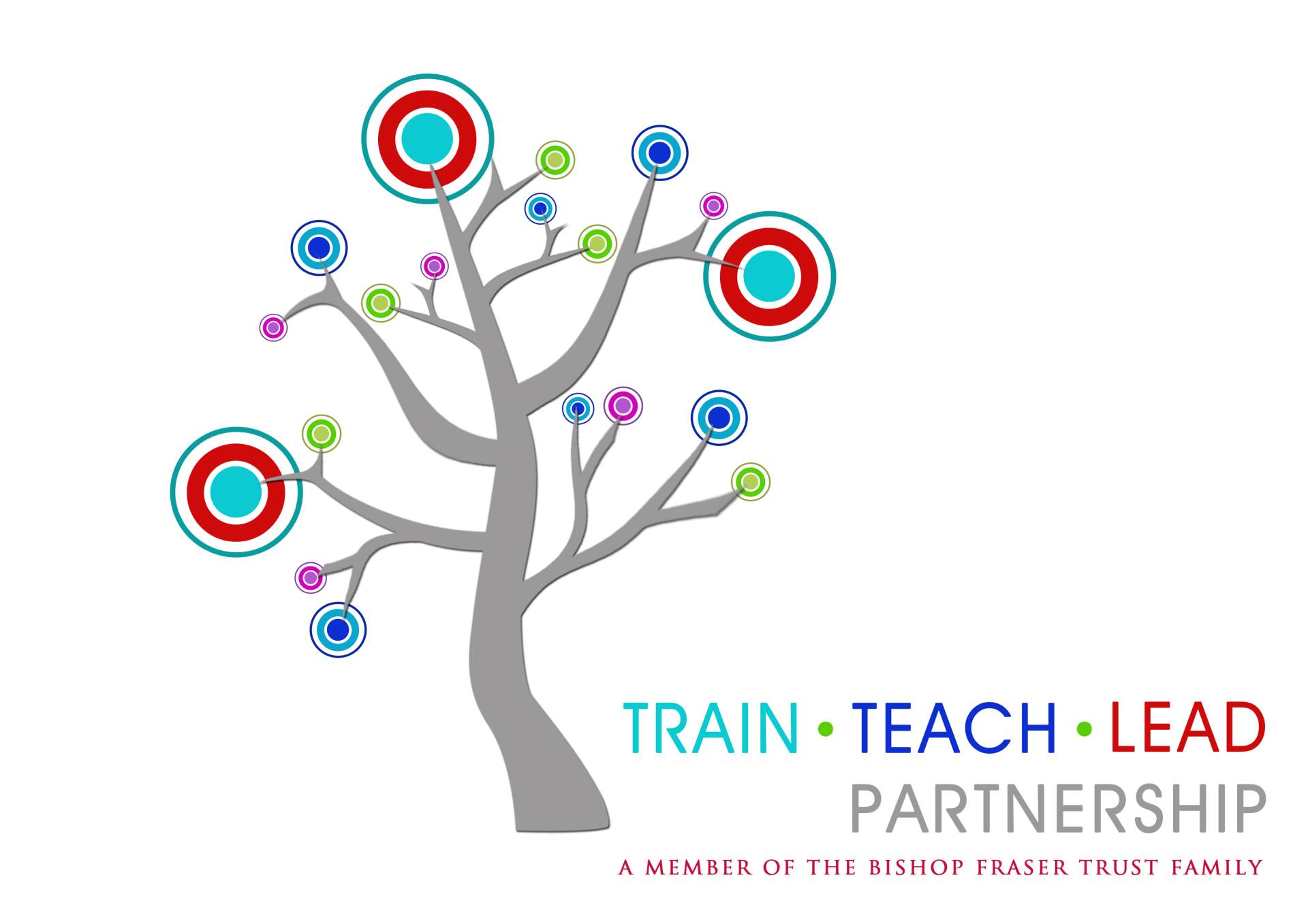Religious Studies
Department Vision
Our Religious Studies curriculum ensures pupils flourish through the provision of a high-quality religious education that reflects the Manchester Diocese Church of England Statement of Entitlement.
We teach a full curriculum that prepares pupils for the opportunities, responsibilities and experiences of life in modern Britain.
Our curriculum guarantees a depth of knowledge about a broad spectrum of religious and cultural beliefs. Knowledge builds in a way that helps students make sense of religious facts that build to a deep understanding of religion and philosophy, which are both vital to adult life in 21st Century Britain and beyond. The program of study at Bury Church School develops students analytical skills and enables critical thinking to help students become well informed about all aspects of religious life.
By the end of year 11, we would expect all our students to have:
- learnt a vast range of vocabulary across the subject.
- an understanding of key religious teachings and be able to apply them to different situations.
- developed an appreciation of religious thought and its contributions to individuals, communities and societies.
- developed deep knowledge and understanding of at least two religions, enabling them to understand and articulate their own and others' beliefs, values and commitments.
- developed analytical and critical thinking skills to enable them to present a wide range of well-informed and reasonable arguments.
Curriculum Design
Knowing about religion helps all people to live in ways that are inclusive and tolerant, and learning from religion fosters strong morality and the development of a moral compass.
The Religious Studies curriculum is based on ensuring students have a thorough knowledge of religious and non-religious traditions and helps them to develop their own personal views about humankind and their place in the world. To do this students study a number of key faiths/non-faiths such as Judaism, Hinduism, Buddhism, Sikhi, Islam and Christianity as well as considering humanist viewpoints. They will gain first hand experience of meeting people from these religious traditions in their own places of worship. This broad spectrum of experienced beliefs and opinions provides our students with the ability to challenge stereotypes, promote cohesion within our communities and help make sense of who they are.
Students at KS3 follow the Manchester Diocese curriculum requirements to study a broad range of local, national and global religious traditions. The curriculum ensures broad cultural success alongside deep academic success.
Religious Studies KS3 Curriculum Intent
At Key Stage 4 students focus on two main religious traditions in Islam and Christianity and will compare beliefs with non-religious traditions. Students will cover a range of life issues that we consider key to living an informed adult life. They will develop a deep base of religious knowledge throughout KS4 including modules about peace and conflict, abortion and euthanasia, crime and punishment, and human relationships.
Religious Studies KS4 Curriculum Intent
Staff/Context
- Mr Moorhouse - Head of Religious Studies
- Mrs D Makin - Head of Humanities
- Mrs H Byrne
- Miss K Chapman - Associate Assistant Headteacher for KS3
- Ms H Croft
- Mrs J Edge
Core knowledge that students should know and remember
Below is a document displaying the knowledge that we believe all KS4 students should embed within their long term memory in order to be successful in Religious Studies. This list should be used to prioritise your revision before moving onto deeper knowledge within the curriculum.
Extracurricular Activities
Awake Faith Group runs every day from 8:00 am - 8.40 am in the Chapel. The chapel is also open at break times and lunch time for all students.
Revision Resources




